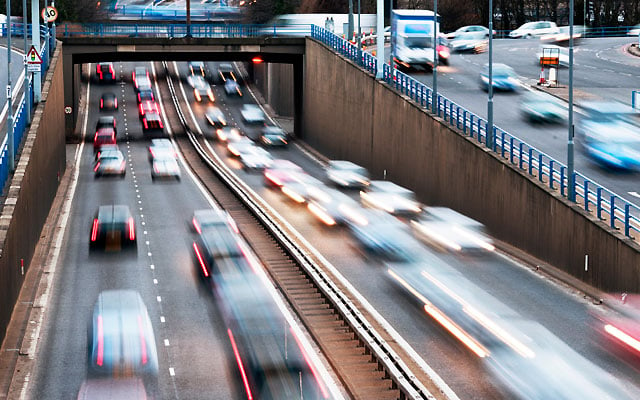Most parking or waiting restrictions are treated as civil, rather than criminal offences and enforced as a Penalty Charge Notice (PCN).
What is a PCN?
A PCN is a penalty for contravention of parking regulations.
- It can be paid, contested by appeal, or contested by defending a claim for payment under the small claims track of the county court.
- You won’t get a criminal record or points on your licence.
- Everything from how PCNs are served, through appeal or payment, to debt recovery is laid down in regulations.
- PCNs are used for some moving traffic offences too, particularly in London – bus lanes, no entry, restricted turn, yellow box junction.
- You may get a PCN by post, by hand or applied to your car windscreen.
- You’ve got 28 days to pay or challenge.
- A PCN can be up to £70 outside London, and up to £130 in London.
- The penalty is usually halved if paid within 14 days.
- An unpaid PCN penalty is treated as a civil debt and you could be pursued through the county court system or even get a visit from the bailiff if the debt remains unpaid.

Some local authorities don’t have civil parking enforcement powers and in these areas parking is enforced by the police or police-employed traffic wardens who will issue a Fixed Penalty Notice (FPN) enforced through the criminal justice system.
Some more serious parking offences like parking on red routes or zig-zag markings are also enforced by the police or traffic wardens through the criminal justice system.
Appealing a PCN
If you pay promptly (within 14 days) the payment’s halved. But if you get as far as making a formal appeal and fail, the penalty will be increased by 50% if you don't pay by the deadline.
If you plan to appeal, then it’s important that you don’t pay the penalty charge first. The case will be closed as payment is taken as an admission of guilt.
An appeal will only be granted if one or more specific statutory grounds for appeal apply.
The websites of the independent adjudicators (see links below) give full details of the statutory grounds of appeal.
Informal appeal
It’s important to appeal if you think the PCN isn’t right – gather evidence and make an informal appeal to the council without delay.
You must do this within 14 days.
An informal appeal doesn’t automatically extend the 14-day period in which you’re entitled to pay the reduced penalty. Many authorities will extend the period but some may not so you should check before you appeal.
Remember that you can appeal if you were issued a ticket within the 10-minute grace period in a council car park.
Formal appeal
If your informal appeal is rejected, you’ll be sent a 'Notice To Owner' (NTO) that officially orders you to pay the original charge – with 28 days more to pay.
The NTO will tell you how you can make a formal appeal to independent adjudicators.
Who you make your formal appeal to depends on where in the country the alleged contravention took place. It will be one of the following:
- London – London Tribunals
- England and Wales – Traffic penalty tribunal
- Scotland – Scottish Parking appeals service
- Northern Ireland – Northern Ireland traffic penalty tribunal
What goes wrong with civil parking enforcement?
Unlike the independent appeals service for private parking tickets (POPLA), the civil appeals process for PCNs is regulated.
- Around 1% of PCNs get to formal appeal
- Around half of appeals win their case
- Problems with 'signs and lines' is the most common ground for appeal.
- Use of CCTV and automated enforcement has resulted in unnecessary appeals – for example a blue badge may not be visible to the camera but would have been seen clearly by a parking enforcement officer.
A PCN can be cancelled at any stage. A council that knows it's made a mistake should do so promptly rather than continue to fight the case but then not turn up at appeal so the driver wins by default.
24 March 2017
